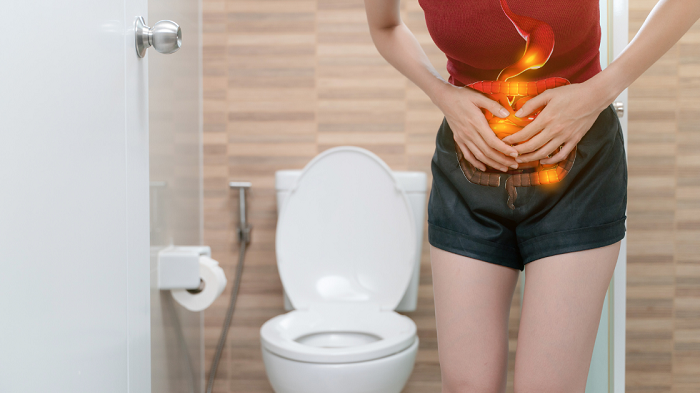Constipation is a common gastrointestinal disorder that affects individuals of all age groups. Its incidence in children is 29.6%, while it is roughly 20% in the general population. The elderly are more likely than younger people to experience constipation. Compared to men, elderly women experience severe constipation two to three times more frequently. According to the Gut Health Survey, 22% of adults in India experience constipation; of them, 59% report severe constipation and 27% report constipation related to specific comorbidities.
Normal transit constipation is the most prevalent kind, in which individuals have constipation despite normal stool passage through the colon and frequency. The majority of constipation cases in women are slow-transit constipation, which is characterised by a decrease in colonic motor activity after meals and upon waking up in the morning. Another form of constipation is known as pelvic floor dysfunction, which occurs when a person cannot properly relax and coordinate their pelvic floor muscles to pass gas.
Causes of Constipation
Constipation is caused by a variety of reasons, which may include:
- low-fiber food
- Abuse of caffeine
- Alcohol abuse
- Drugs
- hormonal imbalances (hypothyroidism)
- neurological conditions (neuropathy)
- psychological problems
The majority of pediatric patients benefit from medical care, whereas constipation in adults has a dismal prognosis and negatively impacts quality of life. The following variables are linked to a poorer prognosis:
- Occurrence among elderly patients
- Extended duration between the onset of symptoms and the start of treatment
- Extended duration of colonic transit
Complications of Constipation
Prolonged constipation can result in issues like:
- pains or discomfort in the abdomen
- Low standard of living
- haemorrhoids
- Anal cracks
- Damage to the lower back Urinary incontinence
- urinary retention
- Anal fistula

Considering the constipation mentioned above causes and consequences, individuals should treat their condition seriously by seeing a local, board-certified gastroenterologist if their symptoms are persistent. Far too often, people ignore this serious illness, mislabeling it as a minor inconvenience. Constipation patients are often ignorant that their ailment is treatable and preventable, owing to a lack of understanding and the general stigma associated with occult conditions. If you are suffering from piles and are looking for piles treatment in Noida then reach out to us today at Shastram Piles and Fissure Clinic.
Advice on how to avoid constipation
The following preventive recommendations should be routinely followed to both lessen and relieve constipation. Among these safety precautions are:
- Boost your daily water consumption
- Cutting back on excessive consumption of meat and dairy items
- Consuming a high-fiber diet
- satiating the urge to urinate and maintaining an active lifestyle to enhance peristaltic movement
- Boost your fitness routine
- Trying medicine or other stress-reduction methods
- Steer clear of coffee and alcohol
- the custom of eating your final meal at least two hours before going to bed
If you suffer from constipation, book your appointment today at Shastram Piles and Fissure Clinic. Our expert doctors can help you recover from constipation. Dr Anita Rana is the best piles doctor in Noida and has helped several people recover from and prevent its occurrence by preventing causes such as constipation, diarrhoea, etc.
Latest Posts
Latest Category
- Ayurveda (10)
- Piles Clinic (10)
Leave a Reply